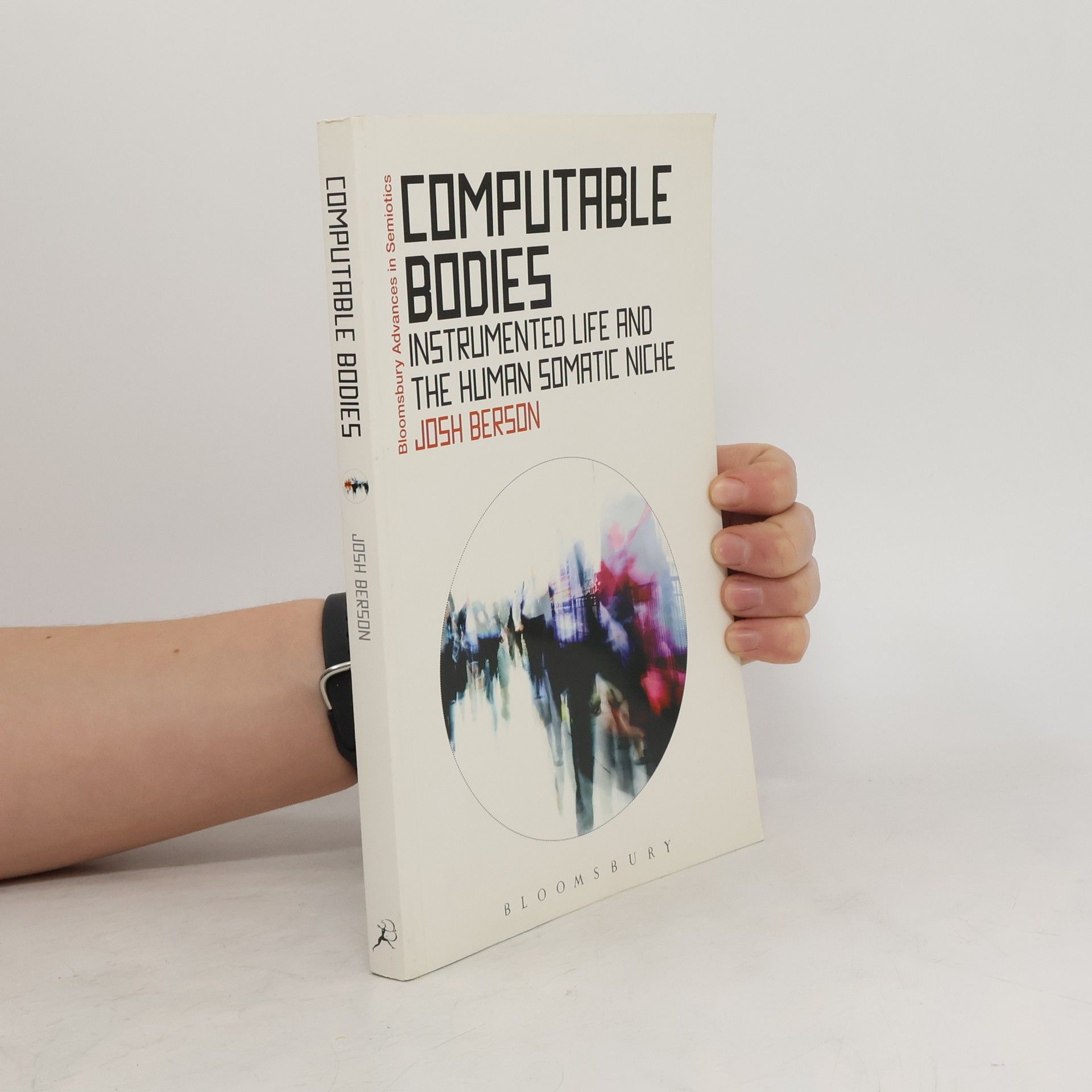Humanity has precipitated a planetary crisis of resource consumption—a crisis of stuff. So ingrained is our stuff-centric view that we can barely imagine a way out beyond substituting a new portmanteau of material things for the one we have today. In The Human Scaffold, anthropologist Josh Berson offers a new theory of adaptation to environmental change. Drawing on niche construction, evolutionary game theory, and the enactive view of cognition, Berson considers cases in the archaeology of adaptation in which technology in the conventional sense was virtually absent. Far from representing anomalies, these cases exemplify an enduring feature of human behavior that has implications for our own fate. The time has come to ask what the environmental crisis demands of us not as consumers but as biological beings. The Human Scaffold offers a starting point.
Josh Berson Boeken
Josh Berson is een onafhankelijke sociaal wetenschapper die de kruispunten van technologie, wetenschap en menselijke ervaring onderzoekt. Zijn werk duikt in hoe onze levens worden gevormd en beïnvloed door steeds toegankelijkere en preciezere gegevens en computationele methoden. Berson onderzoekt de implicaties van deze verschuivingen voor ons begrip van onszelf en onze samenleving.


Computable Bodies
- 208bladzijden
- 8 uur lezen
For some, pervasive computing offers a powerful vehicle of introspection and self-improvement. For others it signals the arrival of a dangerous 'control society' in which surveillance is no longer the prerogative of discrete institutions but a simple fact of life. In this book, anthropologist Josh Berson asks how the data revolution is changing what it means to be human. Drawing on fieldwork in the Quantified Self and polyphasic sleeping communities and integrating perspectives from interaction design, the history and philosophy of science, and medical and linguistic anthropology, he probes a world where everyday life is mediated by a proliferating array of sensor montages, where we adjust our social signals to make them legible to algorithms, and where old rubrics for gauging which features of the world are animate no longer hold.